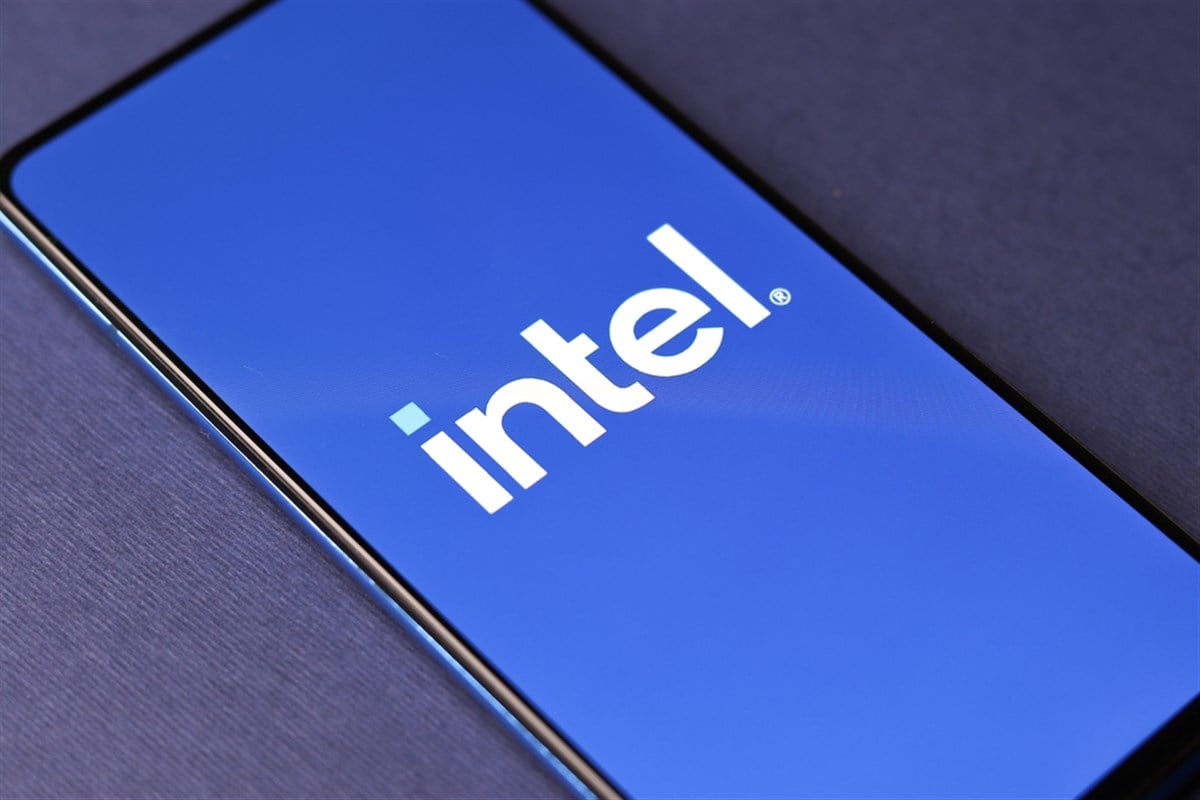
There aren’t too many stocks in the technology sector that offer the type of discount that shares of Intel Co. (NASDAQ: INTC) offer. The stock has been under a lot of scrutiny for falling behind the artificial intelligence race and sticking to what had been safe for its business: the personal computer (PC). During the past three years, the PC market has slowed down as most people stocked up on their needs during COVID-19 lockdowns.
However, now that the stock trades at a dismal 41% of its 52-week high, it cannot be ignored by those who fancy themselves as true deep-value investors. Surely, markets had reasons to sell this stock at current lows, but that doesn’t mean these reasons will have much strength in the coming months, particularly after a particular investor decided to place a few billion in Intel.
Now that the United States is aware of China’s technological advancements, in part thanks to NVIDIA Co. (NASDAQ: NVDA) and Micron Technology Inc. (NASDAQ: MU) as these two semiconductor manufacturers made chips for some Chinese clients, the nation has started to onshore its own chip production to keep proprietary technology safe. This applies to both military and commercial uses, and that’s where Intel stock comes into play.
Intel Chosen as the Government's Preferred Semiconductor Provider
Not that government officials are the best investors out there, but they have chosen Intel as their ally when it comes to security and computing power. Not considering its peers, the government has granted Intel up to $3.5 billion in capital to focus on making chips for the Pentagon.
Of course, these chips will be focused on military use to keep the United States’ stance ahead of other nations, but the benefits for Intel stock don’t stop there. This new grant comes in addition to the previous $8.5 billion grant for commercial fabric chips (fabs) to address the other side of domestic demand.
Investors who don’t place much weight on where the government chooses to invest taxpayer money can look at Amazon.com Inc. (NASDAQ: AMZN) for further confirmation. The e-commerce and cloud computing giant has also contacted Intel to make a very specific artificial intelligence chip for the company’s Amazon Web Services (AWS) branch.
Knowing that one of the United States’ most advanced companies in the world of artificial intelligence and cloud computing went with Intel rather than a competitor says something. However, this has to do with the company and not the stock, so here’s how today’s price compares to what Wall Street and the market expect to see in the coming quarters.
Today’s Intel Stock Price Sparks Fresh Market Interest
Intel stock’s average volume of 55 million shares has nearly tripled to 147 million shares traded in a single day this Monday. Just like a favorite item that suddenly goes on sale, unusual volume in stock means many investors think there is a big enough disconnect between price and value.
Speaking of value, Northland Securities decided to keep their “Outperform” rating on Intel stock, placing a price target of up to $42 a share. The stock would need to rally by as much as 100% from its current level to prove these analysts right.
Justifying this higher valuation is the current earnings per share (EPS) forecast in the next 12 months, shooting for Intel to swing from $0.02 a share up to $0.26 a share for a tenfold boost in profits. This should be enough to warrant a similar upside in the stock’s valuation. Still, too many factors are at play from now until this forecast is here.
Now that investors know Wall Street’s expectations for Intel stock, it’s time to check whether the markets agree or not. Starting with the bears, Intel stock’s short interest has declined by 9.6% in the past month alone, which shows signs of bearish capitulation as buying volume breaks out on the new lows.
As of August 2024, Legal & General Group saw enough opportunity in Intel stock to boost their holdings by 1.3%. While this may not seem like much on a percentage basis, the addition brought the group’s net investment up to $1.2 billion today, or 0.9% ownership in the company.
When Intel starts to gain upside momentum, investors shouldn’t be surprised to see other traditional asset managers, such as the Vanguard Group, jumping in to chase the further upside that is present for the company today.
To quantify this potential upside a bit more, investors can notice that Intel stock is valued at only 0.8x price-to-book (P/B) today, which is not only a discount to the business’s equity but also significantly below the computer sector’s average valuation of 7.0x P/B.
